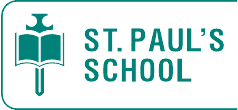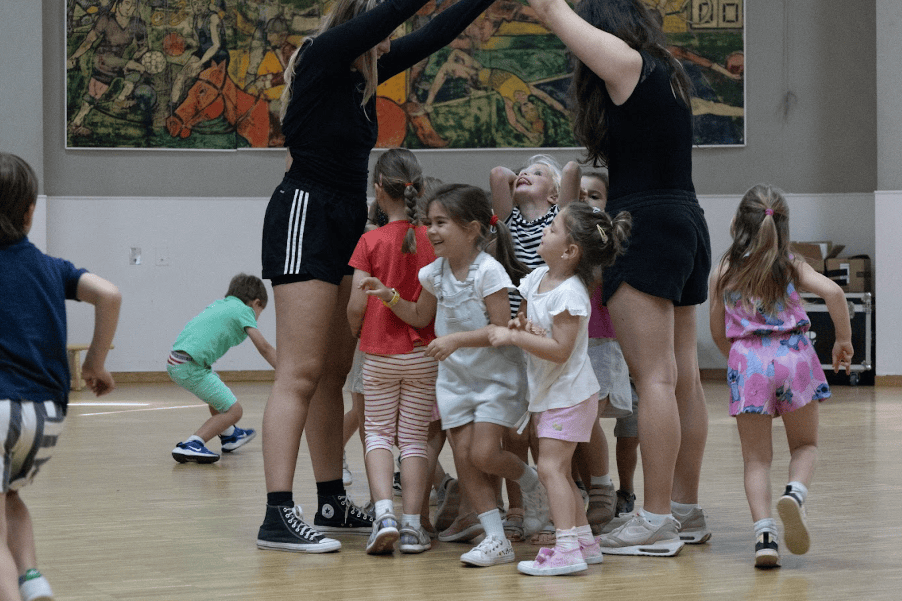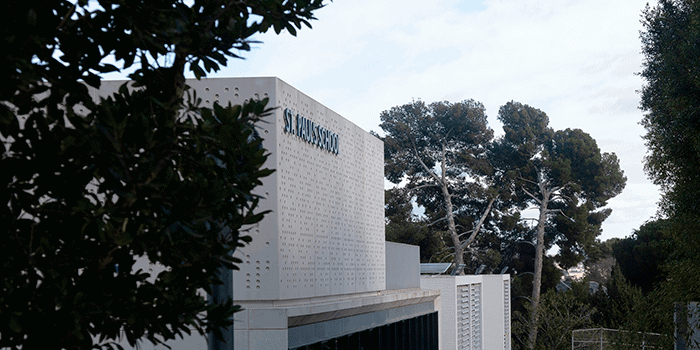
Educational innovation is at the top of the list of priorities for any 21st century school and this must be supported by professional development. Teachers need to access and experience the latest research, technology updates and curriculum resources. At St. Paul’s School Barcelona we regularly organize on both a whole school and department level, training sessions and courses for all our staff in line with the school’s methodology and objectives and their own professional needs. As individuals, we encourage and support teachers who wish to further their career and enhance their knowledge on an independent basis. Paul Campbell, a member of our Early Years Team and Deputy Head of Department for Mathematics, is currently studying a Professional Doctorate in Education at Glasgow University and has kindly shared a small sample of his experience with us through the following article:
Critical reflection in professional practice is arguably central to improving the experiences, achievements and attainment for our children and young people in education. This theme is the focus for the first unit in my Professional Doctorate in Education (Ed.D.) that I am undertaking at the University of Glasgow. This endeavour has come after completing my Masters in Education (M.Ed.) at the University of Strathclyde which explored Policy and Leadership, Frameworks for Understanding Learning and Applied Educational Research. In each of these areas that I explored and researched, critical reflection was a consistent theme arising.
Critical reflection for teachers is the process of identifying key moments or areas of practice in the classroom and analysing, conceptualising, and breaking down your understanding of these key events. Part of this is the unpicking of the value laden judgments you might be making and the contextual influences on these events, then recognising the importance of these, and using all of this knowledge and understanding to decide how effective a given approach was and what action or change you may make in the future to improve learning and teaching. This is something we regularly explore as a team and will be focussing on in one of our upcoming weekly professional development workshops.
This was an element of what I was invited to present at the British Educational Studies Association (BESA) Annual Conference and the ‘Emporium of Dangerous Ideas in Education’ conference where I explored ‘Teacher Agency and Education Policy Development’ more generally and how teachers’ professional knowledge, understanding, values and principles are central to effective reflection on practice and pedagogical improvement. This presentation won the UK Higher Education Academy Award for best presentation at the BESA conference. As my Doctorate studies progress, the research will further develop and I have been invited to present my research at the International Congress for School Effectiveness and Improvement (ICSEI) in January 2016. This will be an exciting opportunity to share this research with a global audience.
Critical reflection on practice for me is central to educational improvement and its importance should never be underestimated. The words of the great educational philosopher, John Dewey, are apt when discussing reflection:
‘We do not learn from experience…we learn from reflecting on experience.’
Patricia Carranza
Directora










